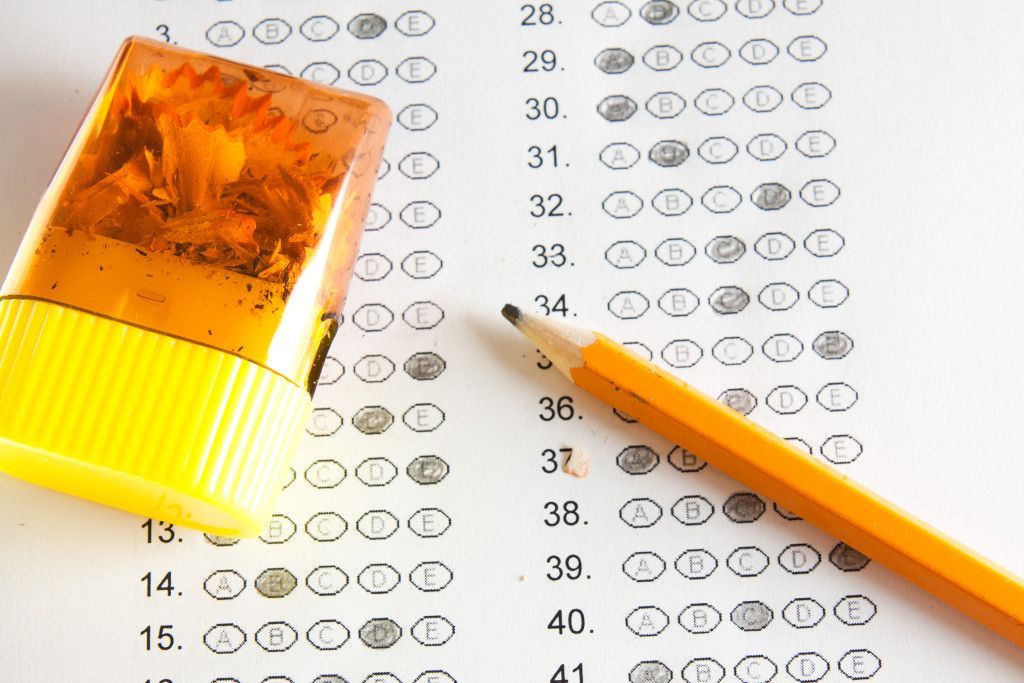HOW TO KEEP YOUR MIDDLE SCHOOL STUDENT SAFE ONLINE
Welcome back to our series on internet safety! As a parent, it is your responsibility to ensure that your children are safe online. You wouldn’t let them go outside and play alone without some rules…and the same should be true for letting them go online alone.
We have already discussed elementary school tips and suggestions. Even kindergarten students need to be taught a few basic rules before they go online. In today’s post, we will discuss internet safety guidelines and expectations for middle school students.
Middle school can be an intimidating place for many students thanks to peer pressure. With cell phones, the internet, and other technology, it can be almost too easy to fall victim to cyberbulling. By educating your student, you can help keep them safe from bullies and online predators.
Start by discussing the following internet safety tips with your student:
- Internet Safety Tips for Elementary School Students
- Internet Safety Tips for Upper Elementary School Students
These basic tips still apply to your middle schooler. As your student gets older, you may decide that some of the rules may no longer apply (like always going online with an adult). Decide what is best for your student and your family.
Here are some additional tips to introduce when your child enters middle school:
1. STAY SAFE ON SOCIAL NETWORKS.
Children can legally access Facebook, YouTube, and other social network sites at 13 years old. Before signing your student up for an account, discuss the responsibilities that come with it. Remind them to never give out personal information and to report anything that looks suspicious.
2. NOTHING IS PRIVATE ON THE INTERNET…OR ON A SMART PHONE.
Despite the amount of privacy options that are available, remember that nothing is completely private once it goes online or is shared via text or on a phone. Sit down with your student and watch this video about internet privacy and what happens when a girl sends a picture to her friend – http://www.netsmartz.org/RealLifeStories/YourPhotoFate.
3. REPORT SUSPICIOUS BEHAVIOR IMMEDIATELY.
The longer you wait to report inappropriate actions, the more trouble it can cause. Help your student understand the warning signs of cyberbullies and sexual predators. They should feel comfortable coming to you or another responsible adult if they suspect anything. Remind them to keep a lookout for their friends, too.
4. UNDERSTAND COPYRIGHT LAWS.
Several things that are on the internet are public domain, but many things are protected by copyright laws. These include photographs, videos, music, and written works. If your student takes something without permission or without citing it, they could get in serious trouble. Be sure they understand the consequences. (Try this quiz as a family – http://www.csus.edu/indiv/p/peachj/edte230/copyright/quiz.htm)
The NetSmartz website was created by The National Center for Missing and Exploited Children. I highly recommend their Real-Life Stories series (http://www.netsmartz.org/RealLifeStories), which includes videos about several internet and technology safety topics. The website has a variety of videos for all ages, including some geared toward elementary school students. The website is a great resource of information and can help you discuss more difficult topics with your family.








